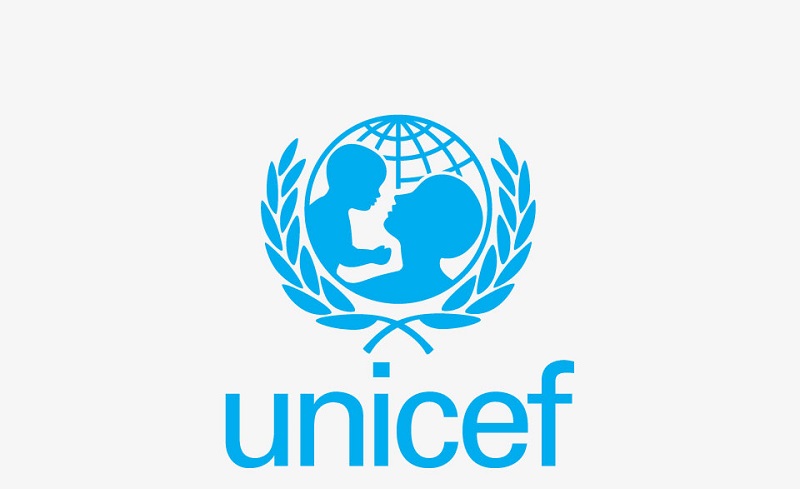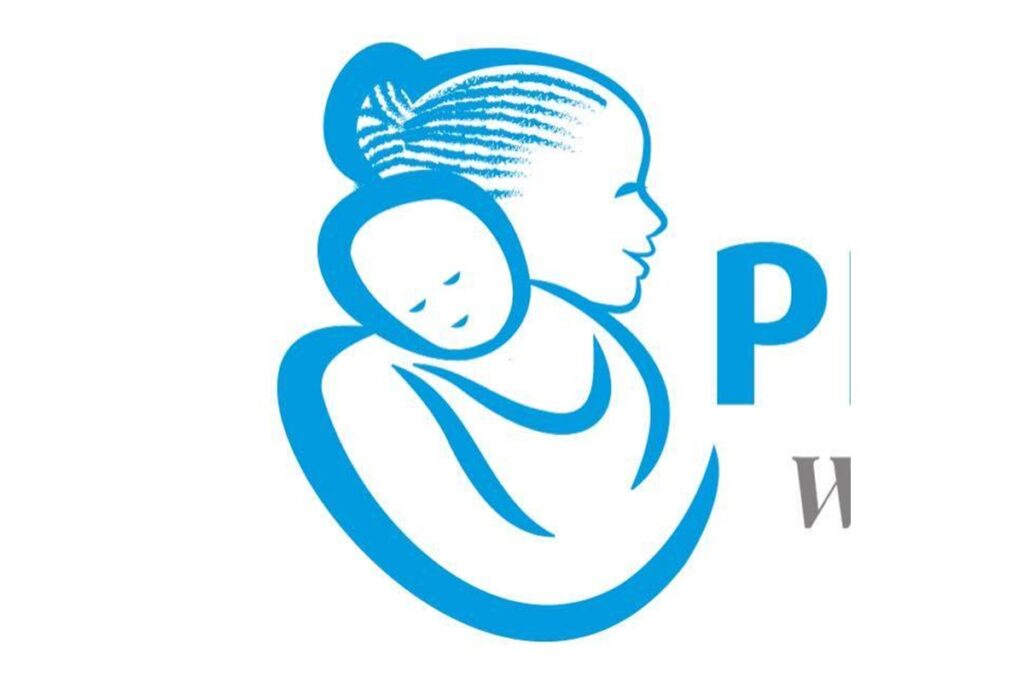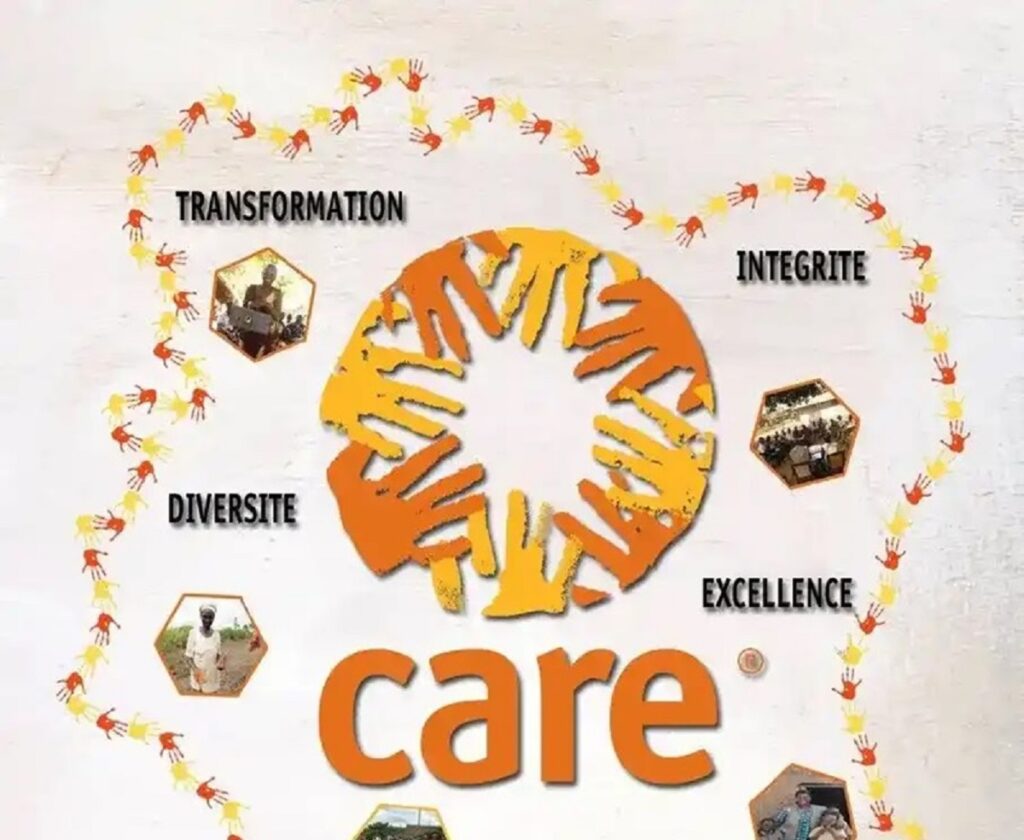UNICEF travaille dans certains des endroits les plus difficiles du monde, pour atteindre les enfants les plus défavorisés du monde. Pour sauver leur vie. Pour défendre leurs droits. Pour les aider à réaliser leur potentiel.
For every child, a future…
UNICEF Malawi Country Programme (2019-2023) is aligned with the Government of Malawi’s Growth and Development Strategy (MDGS III) and the United Nations Development Assistance Framework (UNDAF). The programme supports the Government of Malawi to meet its commitment to respect, protect and fulfil children’s rights in line with international conventions and standards. The country programme is guided by the principles of children’s rights, equity, gender equality, inclusion and resilience, and supports evidence-based, integrative and innovative programming. The vision is that ‘all girls and boys in Malawi, especially the most disadvantaged and deprived, realize their rights’. The programme focuses on: early childhood (parenting, high-impact social services, early stimulation and learning), middle childhood and adolescence (learning, multi-sectoral services, active citizenship), communities (decentralized services and systems, community ownership, social norms), programme effectiveness (monitoring, evaluation, HACT, Innovation, Social Protection and Social Policy and External Communication. The programme is based on ‘leaving no child behind’, realizing ‘rights for all children in Malawi’.
The data analytics function enables UNICEF’s programmes to reach the most disadvantaged children and women through use of GIS, remote sensing, data analytics and remote and real time monitoring. Data analytics helps to unmask disparities by geography, sex, age and wealth and better inform design of targeted interventions to ensure no child is left behind. Without accurate measurement of progress towards achievement of results for children and women, it would be difficult to know whether we are making a difference to the lives of children and women or not.
How can you make a difference?
The Malawi Country Office offers an exciting and rewarding career opportunity for you to join our dynamic team in the Programme Planning and Monitoring section where you will be responsible for geospatial data monitoring and analytics in support programme planning, monitoring, reporting and evaluation functions. In your role as Monitoring Specialist (Data and Analytics), you will be under the supervision and overall guidance of the Chief of Programme Planning and Monitoring. The data function is cross-cutting in nature. By supporting programme sections to address critical data gaps, you will contribute towards effective monitoring and measurement of key results for children.
This job presents a unique and significant opportunity for a qualified, vibrant, motivated and committed person to be to contribute to the overall achievement of transformative results for children by delivering on the following key responsibility areas, but not limited to – you are however encouraged to read the attached and detailed job description ![]() Classified JD – Malawi_MLW21004__Monitoring-Specialist-Data-and-Analytics_NOC_2021.pdf in order to view the full role and its requirements :
Classified JD – Malawi_MLW21004__Monitoring-Specialist-Data-and-Analytics_NOC_2021.pdf in order to view the full role and its requirements :
- Through data analytics, foster innovation in strategic country programme analysis, planning, monitoring, reporting and evaluation ;
- Support interoperability of sectoral data and information management systems ;
- Support data innovations for humanitarian performance monitoring ;
- Contribute to data generation, analysis, sharing and use in support of the monitoring of progress in the attainment of Sustainable Development Goals for Malawi ;
- Build internal and external networks on data for children.
To qualify as a champion for every child you will have…
Education :
- An advanced university degree (Master’s Degree) in Data Science, Geospatial Science, Geographic Information Systems, Statistics, Environmental Science majoring in GIS, or other relevant disciplines is required ;
- A first-level university degree in a relevant field combined with two additional years of professional experience may be accepted in lieu of an advanced university degree.
Experience :
- A minimum of five years of professional experience is required in the areas of data science and/or geospatial science, preferably with exposure to academic/research work and the private sector ;
- Experience working in a developing country is considered as a strong asset ;
- Background and/or familiarity with emergency is considered as an asset ;
- Proven experience in leading implementation of a successful geospatial data project ;
- Demonstrable experience in analyzing and interpreting big datasets is an added advantage ;
- Experience in interpreting data collected via satellite and drone imagery is an added advantage.
Technical Competencies :
- Demonstrated competencies in analytical and quantitative skills ;
- Skills in GIS, remote sensing techniques, satellite image interpretation and analysis is essential ;
- Knowledge of emerging data analysis including big data analytics, machine learning and artificial intelligence is an asset ;
- Familiarity with Unmanned Aerial Vehicles (UAVs), aerial mapping technology and mobile-based real-time monitoring platforms, and application of these technologies for development and emergency planning, response, monitoring and reporting are desirable.
Language :
- Fluency in English – both verbal and written is required ;
- Fluency in any of the main local languages is required
For every Child, you demonstrate…
UNICEF’s values of Care, Respect, Integrity, Trust, and Accountability (CRITA) and core competencies in Communication, Working with People and Drive for Results.
Core Competencies :
- Demonstrates Self Awareness and Ethical Awareness ;
- Works Collaboratively with others ;
- Builds and Maintains Partnerships ;
- Innovates and Embraces Change ;
- Thinks and Acts Strategically ;
- Drive to achieve impactful results ;
- Manages ambiguity and complexity.
Functional Competencies :
- Analyzing ;
- Applying Technical Expertise ;
- Planning and Organizing.
View our competency framework at : UNICEF_Competencies.pdf
UNICEF is committed to diversity and inclusion within its workforce, and encourages all candidates, irrespective of gender, nationality, religious and ethnic backgrounds, including persons living with disabilities, to apply to become a part of the organization.
UNICEF has a zero-tolerance policy on conduct that is incompatible with the aims and objectives of the United Nations and UNICEF, including sexual exploitation and abuse, sexual harassment, abuse of authority and discrimination. UNICEF also adheres to strict child safeguarding principles. All selected candidates will therefore undergo rigorous reference and background checks and will be expected to adhere to these standards and principles. UNICEF is committed to promote the protection and safeguarding of all children.
Remarks :
The position is not considered an elevated risk role. However, UNICEF reserves the right to conduct further vetting/assessment within the scope of child safeguarding as appropriate.
UNICEF only considers higher educational qualifications obtained from an institution accredited/recognized in the World Higher Education Database (WHED), a list updated by the International Association of Universities (IAU) / United Nations Educational, Scientific and Cultural Organization (UNESCO). The list can be accessed at http://www.whed.net/.
Only shortlisted candidates will be contacted and advance to the next stage of the selection process.
The VA is open to all Malawian national candidates – both internal and external candidates.
Deadline : 05 Oct 2021 South Africa Standard Time.





